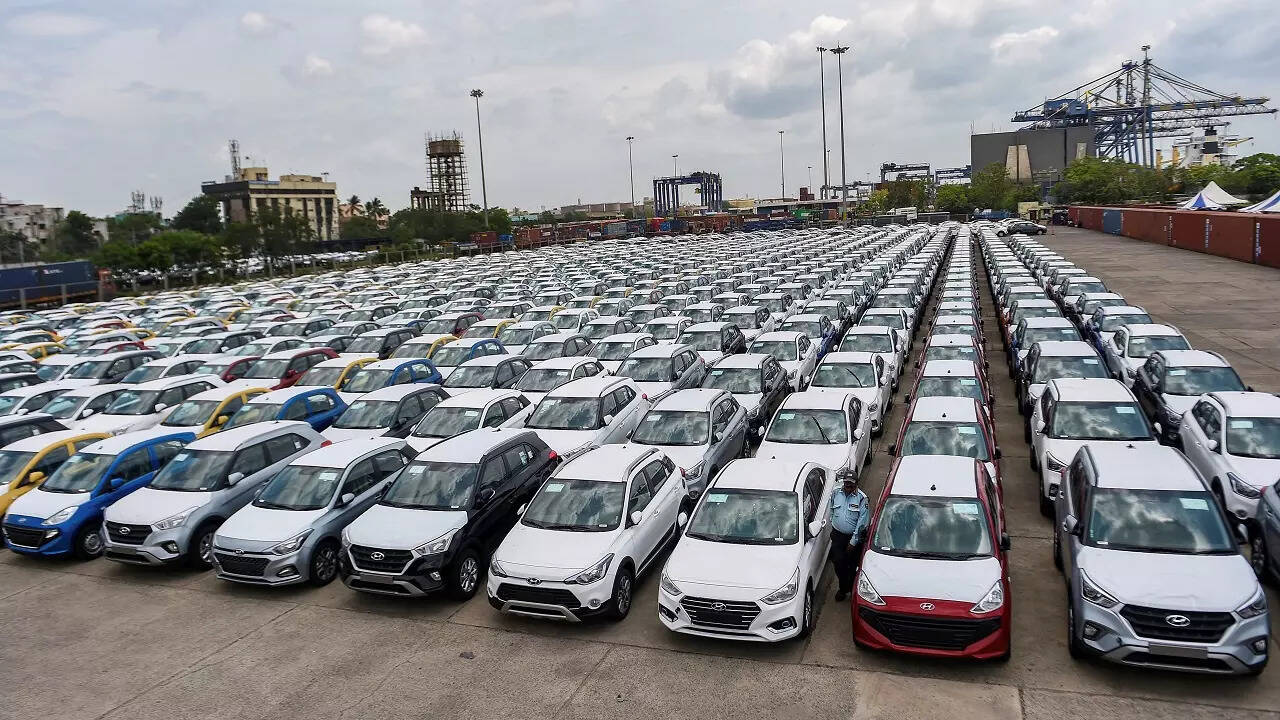The Finance Bill 2023 has introduced new taxes on cars with engine capacities over 2001cc. These taxes are aimed at broadening the tax base of the country, as directed by the International Monetary Fund (IMF).
The new taxes are as follows:
- Cars with engine capacities ranging from 2001cc to 2500cc will face a 6% tax on their value.
- Vehicles with engine capacities between 2501cc and 3000cc will be subject to an 8% tax.
- Those exceeding 3000cc will face a 10% tax based on their value.
The taxes will be calculated based on the import value of cars with engine capacities exceeding 2001cc. This import value will be used to calculate the applicable Customs Duty, Federal Excise Duty (FED), and Sales tax. Both Completely Built-up (CBU) and locally assembled cars with engine capacities above 2001cc will have their invoice value, including all duties and taxes, considered for tax calculation.

Additionally, if the engine capacity is not relevant, and the value of vehicles is Rs. 5 million or higher, a tax rate of 3% will be imposed on the import value (including revised Customs Duty, FED, and Sales tax for imported vehicles) or the invoice value (for locally assembled vehicles).
Tax provision for registration
The Finance Bill 2023 also includes provisions for taxes during the registration process and the sale of motor cars or jeeps. If a locally manufactured vehicle is sold by the original purchaser before registration. The motor vehicle registering authority will levy taxes at the specified rates during the registration process. Manufacturers of motor vehicles are required to collect advance taxes from buyers. But only at the specified rate during the sale of cars or jeeps.

One of the major concerns arising from the Finance Bill 2023 is the expected price hike for imported cars. According to the provided table, the jump in prices can be significant. For instance, the Hyundai Staria 2.2D A/T with an engine capacity of 2199cc is expected to face a 6% tax, resulting in an additional cost of Rs. 534,540. Similarly, the Toyota Prado TX 2.8 D MT with an engine capacity of 2755cc will bear an 8% tax, amounting to Rs. 4,728,720. The Kia Grand Carnival Executive, with a capacity of 3470cc, will be subject to a 10% tax, leading to an additional expense of Rs. 1,675,000.
Expected intevrention for the industry
It’s important to note that these calculations are based on available information and there may be changes after the official announcement from car companies. Thus, potential car buyers should stay updated with the latest developments and consult official sources for accurate information on prices.
The Finance Bill 2023 has undoubtedly stirred discussions within the auto industry. While it aims to expand the tax net and generate revenue for the country, it may also lead to price increases for certain imported vehicles. It remains to be seen how these new taxes will impact the overall automobile market and consumer behavior in the coming months.
Table of Tax Rates
| Engine Capacity (cc) | Tax Rate (%) |
|---|---|
| 2001-2500 | 6 |
| 2501-3000 | 8 |
| >3000 | 10 |
Stay tuned to Brandsynario for the latest news and updates.







































